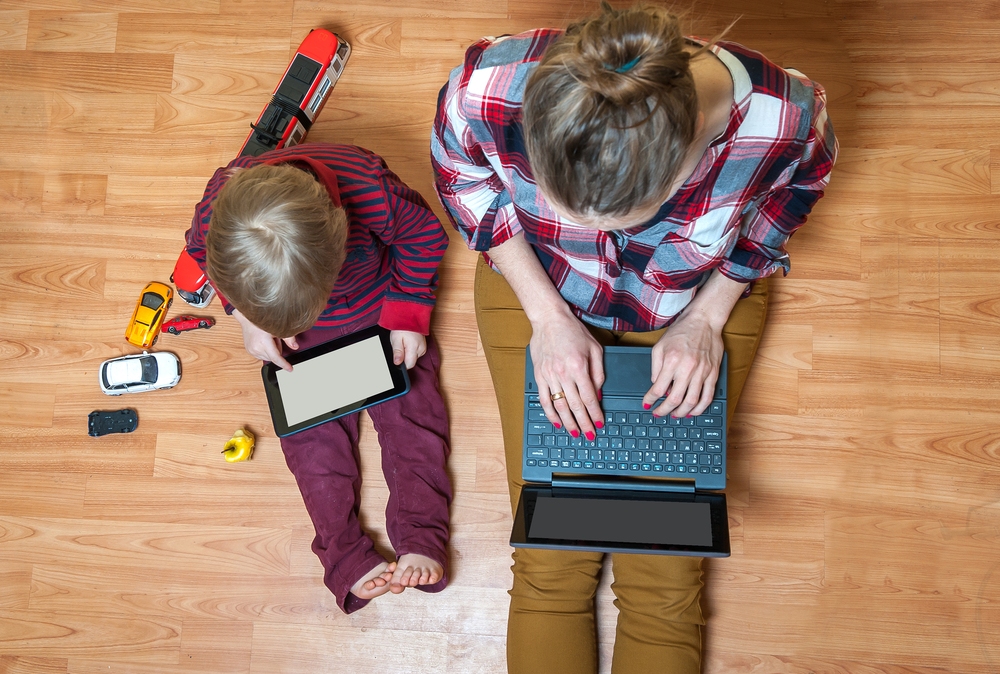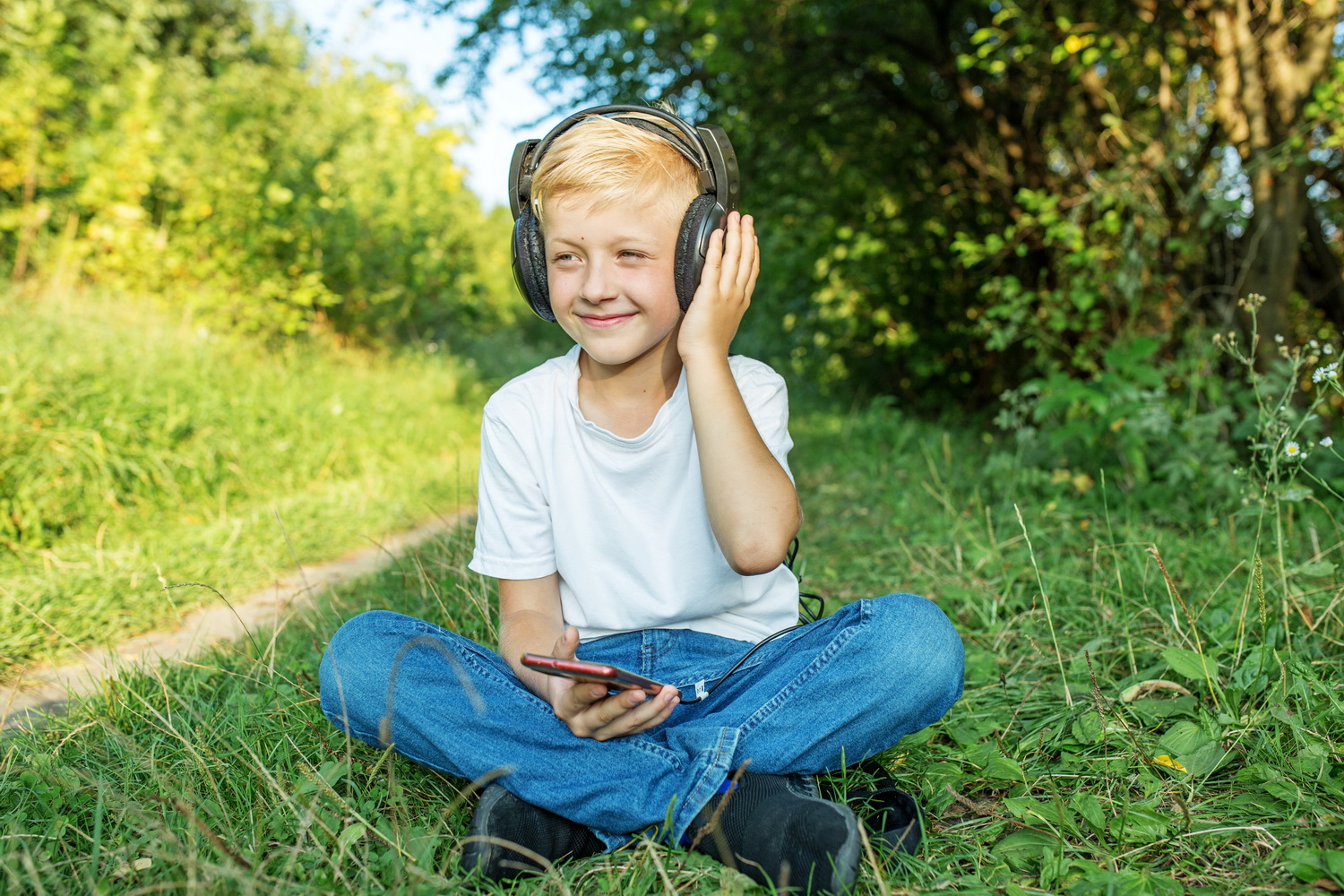Cultural awareness Normal History Worksheets for Ages 7-9
4 filtered results
-
From - To
Enhance your child's understanding of cultural diversity with our engaging Cultural Awareness Normal History Worksheets, specifically designed for ages 7-9. These resources encourage young learners to explore different cultures, traditions, and histories, fostering empathy and respect for various backgrounds. Each worksheet is packed with fun activities that stimulate critical thinking and promote a global perspective. By integrating real-world contexts, children will develop essential skills in cultural awareness, enabling them to appreciate the rich tapestry of human experiences. Perfect for home or classroom use, these worksheets are an excellent tool for educators and parents looking to nurture informed, open-minded global citizens.
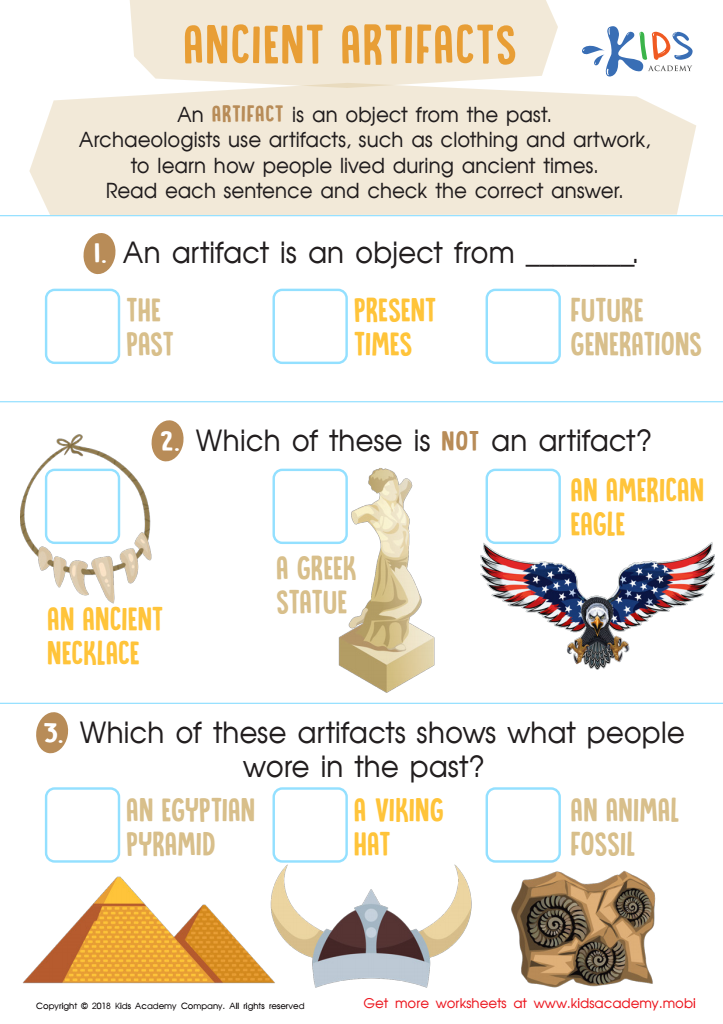

Ancient Artifacts Worksheet
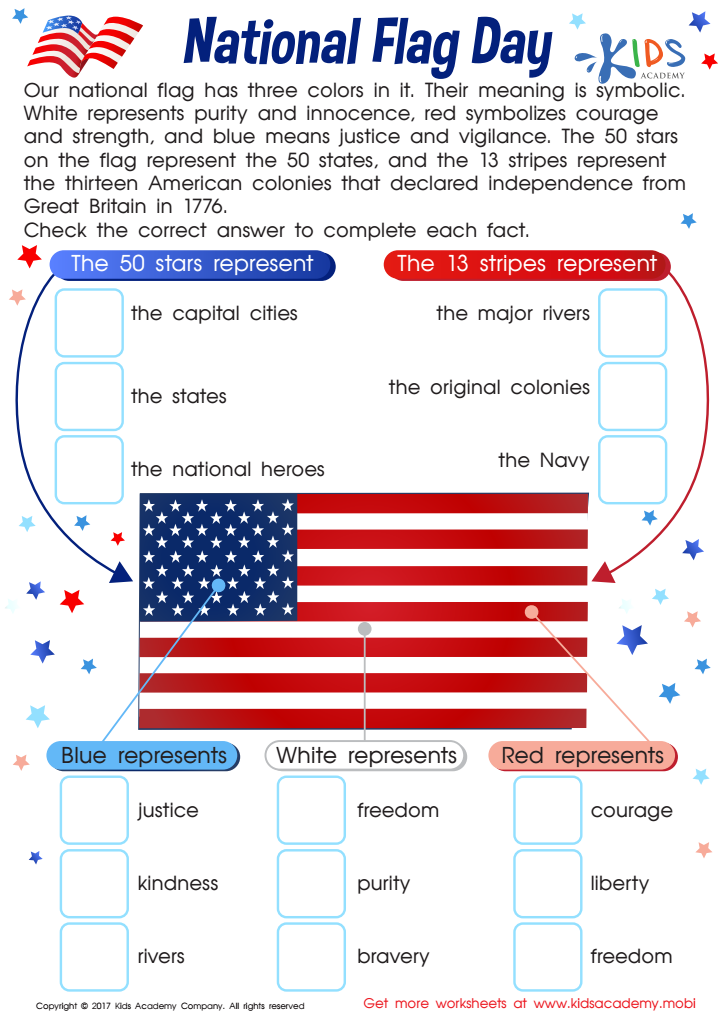

US National Flag Day Worksheet
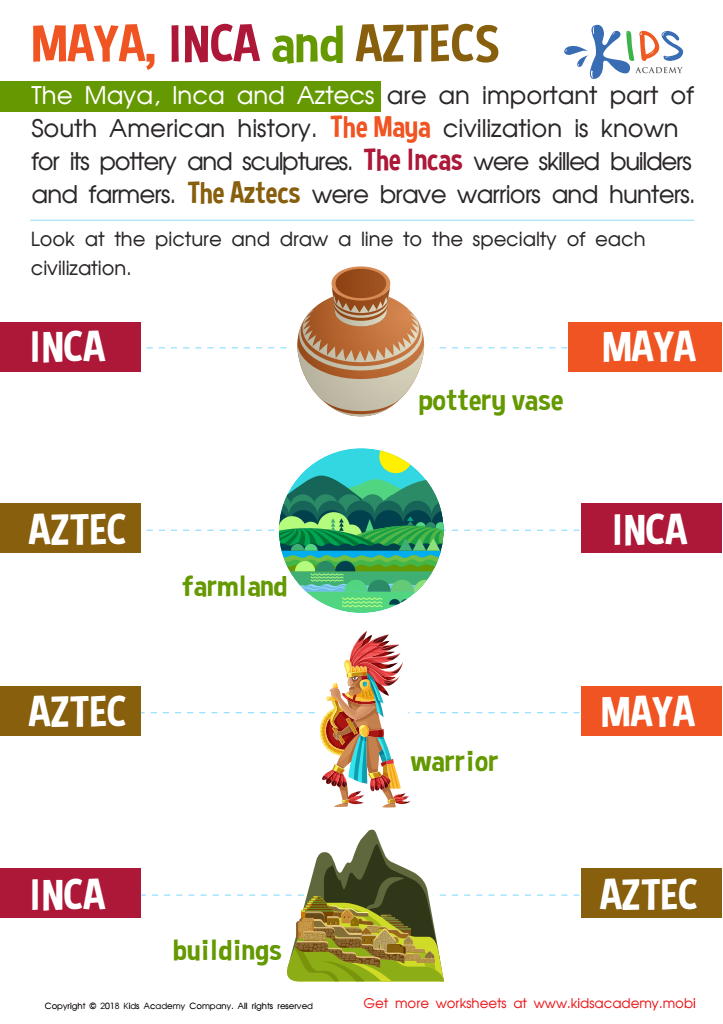

Maya, Inca and Aztecs Worksheet
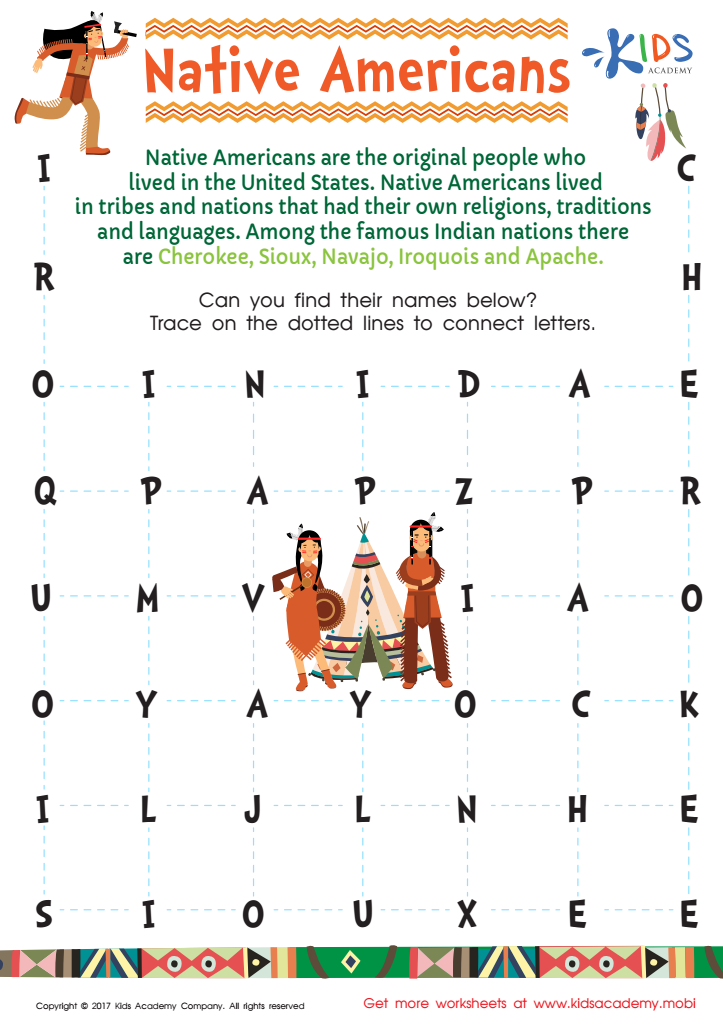

Native American Word Search Printable
Cultural awareness and normal history are crucial for children aged 7-9, as this stage is formative for their social, emotional, and cognitive development. Teaching cultural awareness helps children appreciate diversity and fosters empathy, understanding, and acceptance of different backgrounds and perspectives. It plays a key role in combating stereotypes, reducing prejudice, and promoting inclusive behaviors among peers.
Incorporating normal history into the curriculum helps children grasp the complexities of their own communities and the world at large, providing them with context and a sense of identity. Learning about historical events, important figures, and significant cultures not only enriches their knowledge but also instills a sense of pride and belonging. Engaging students with stories from various cultures teaches important values such as respect and dignity.
For parents and teachers, fostering cultural awareness and an understanding of history equips children with critical thinking skills, enabling them to make sense of their environment and appreciate human experiences. Encouraging children to explore their world enhances their curiosity and creativity, laying the foundation for them to become informed, compassionate, and active global citizens in the future. Therefore, integrating these elements into education is an investment in children's lifelong learning and interpersonal skills.
 Assign to My Students
Assign to My Students


